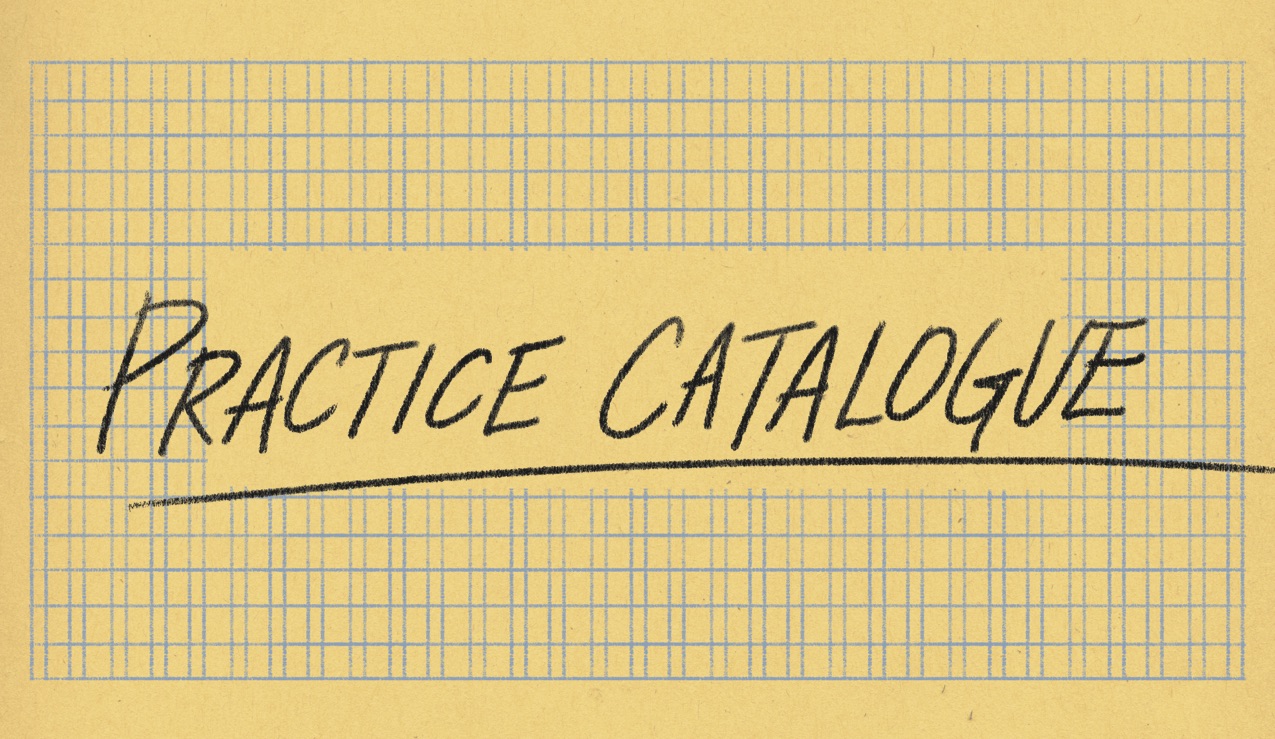Literature Forgets Its Author
And here is the point I would support: that all literature tends toward a condition of anonymity, and that, so far as words are creative, a signature merely distracts us from their true significance. I do not say literature “ought” not to be signed, because literature is alive, and consequently “ought” is the wrong word to use. It wants not to be signed. That puts my point. It is always tugging in that direction and saying in effect: “I, not my author, really exist.” So do the trees, flowers and human beings say “I really exist, not God,” and continue to say so despite the admonitions to the contrary addressed to them clergymen and scientists. To forget its Creator is one of the functions of a Creation. To remember him is to forget the days of one’s youth. Literature does not want to remember.
[E.M. Forster, “Anonymity: An Enquiry”]
